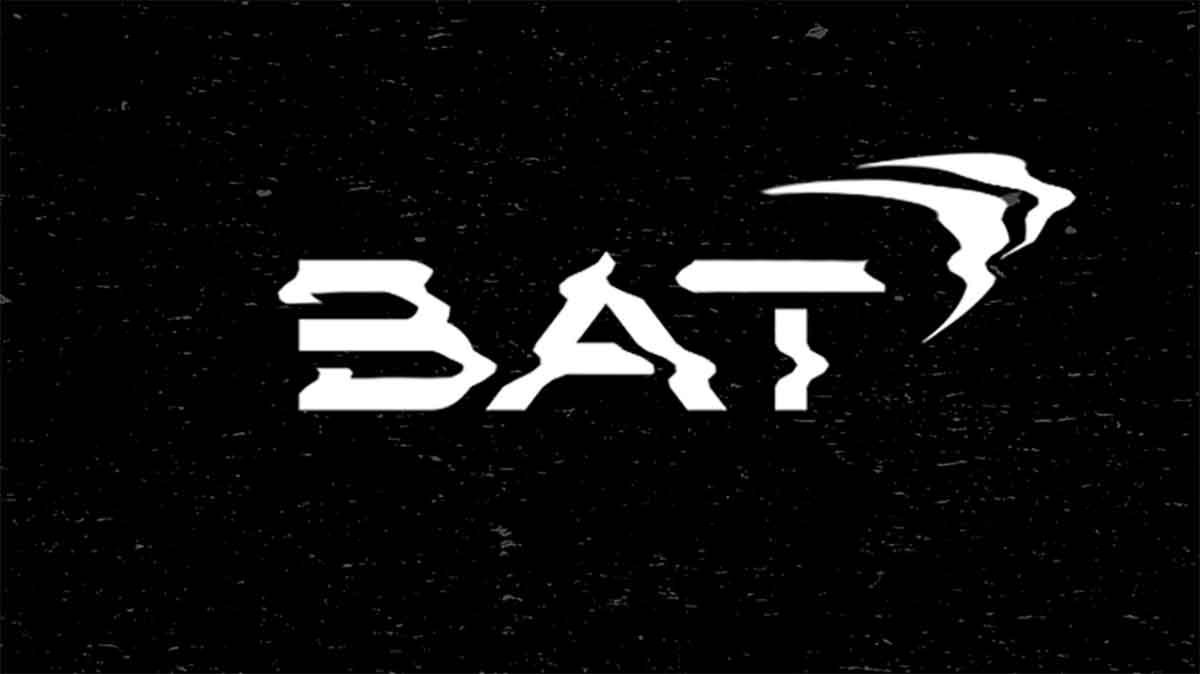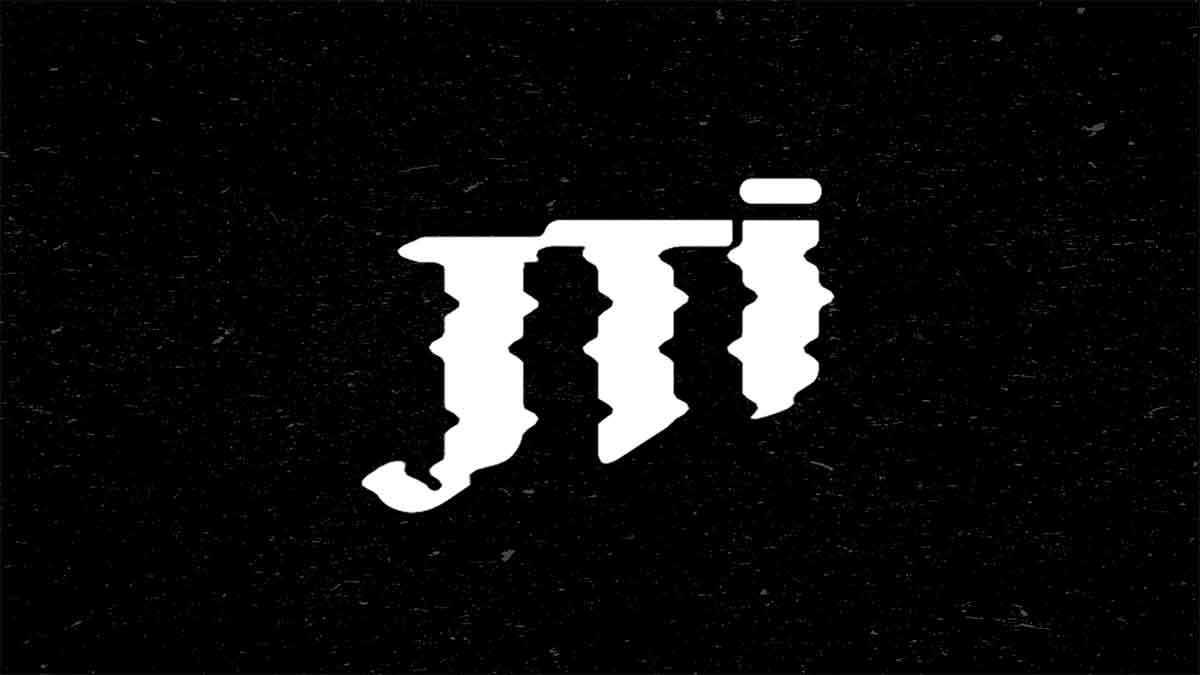- Resources
- News
-
-
Get Email Updates
Sign up for STOP's emails and never miss an update on our latest work and the tobacco industry's activity.
-
Get Funding
Ready to tackle industry interference? You could be eligible for a grant.
-
Share a Tip
Do you have information on tobacco industry misconduct in your country? Let us know.
-
Get Email Updates

Imagine you’re at a party. The host introduces you to another guest. You exchange introductions, talk a bit about your work or hobbies and maybe even share perspectives related to a timely topic.
Now imagine you meet another guest at the party. The conversation follows the same path, but this time, you share different information. Suddenly, your work is different. Your perspectives and values have changed.
What if those two guests met? They would have two completely different perceptions of who you are, what you do and what’s important to you. And they’d probably have some questions.
Researchers have recently confirmed that this deceptive practice—the simultaneous circulation of two different public narratives—is being used by the world’s largest transnational tobacco company, Philip Morris International (PMI). When a tobacco company does this, it’s more than misleading. The tobacco industry profits by hooking people on its addictive and deadly products. When it uses corporate narratives to try to divert attention away from that truth, public health can further suffer.

The investor-facing materials appear to assure shareholders that PMI’s cigarette business is strong, profitable and shows no signs of slowing down.
A tale of two PMIs
In a newly published paper, researchers analyzed eight years’ worth of PMI’s corporate language in its investor-facing materials and its public-facing materials.
The public facing content, found on PMI’s YouTube channel and on its corporate website, paints an image of a company supposedly focused on innovation, technology and transformation. Researchers found that transformation was most often used in reference to a “new future” or a “smoke-free future.” For example, in PMI’s 2018 Cannes Lions YouTube video, a PMI representative says, “…science and technology and innovation are at the absolute heart and core of everything we’re doing to transform our company…” and, from the same video, “…we have a vision of what things are going to be like as technologies advance, as we become more committed to a healthful, yeah, a healthful vision of the future… .”
PMI also publicly emphasizes consumer choice while misrepresenting the “hugely addictive” nature of tobacco. In fact, among the materials analyzed, the word “addiction,” which signifies the opposite of choice, only appears in PMI’s annual reports and always in reference to legal proceedings. In emphasizing consumer choice, PMI is able to frame its newer tobacco and nicotine products, such as its IQOS heated tobacco product, as a “better consumer choice” for those who would otherwise continue to smoke.
Many of PMI’s corporate webpages spread the same public narrative. A lay audience looking at PMI’s corporate website, for example, could reasonably get the impression that the company’s newer tobacco and nicotine products are the bulk of its business—that cigarettes are an afterthought.
But in the researchers’ analysis of PMI’s investor-facing materials, cigarettes are front and center. In annual and investor reports, PMI repeatedly refers to itself as a “leading international tobacco company.” And in an analysis of the most commonly used words across annual reports, investor reports and YouTube content, “cigarettes” ranked in the top 10 only for annual reports, with 1,660 mentions.
The investor-facing materials appear to assure shareholders that PMI’s cigarette business is strong, profitable and shows no signs of slowing down. At a 2015 annual meeting of shareholders, PMI promoted its most popular cigarette brand and touted its expansion: “We are very pleased with the performance of our flagship brand. Last year, we launched Marlboro 2.0, focusing primarily on European markets.” Overall, the investor-facing materials emphasize business as usual.
Which is the ‘real’ PMI?
Given that PMI shipped more than a trillion cigarettes between 2019 and 2021, opened new cigarette factories in Tanzania and Uzbekistan, advertised Marlboro cigarettes to 90,000 young people at one of Asia’s biggest music festivals and was found advertising cigarettes near schools in Indonesia, the pro-cigarette-PMI portrayed in its investor-facing materials appears to be more congruent with its actions.
The findings suggest that the public, on the other hand, is left with an inaccurate portrayal of PMI’s deadly core business.
How the narrative affects public health
The researchers concluded that PMI’s public-facing corporate language is likely an attempt to neutralize negative public perception of its company. Looking at its public-facing language, someone could be persuaded to believe that PMI truly does want to move beyond cigarettes and that it genuinely cares about health, when its actions suggest neither of those are true.
Its public-facing materials portray the company as leading the way toward a healthier future. They insinuate that change can only come from the tobacco industry (when, in reality, the industry is the biggest barrier to reducing tobacco use). In a 2019 PMI YouTube video, a PMI representative says, “…in order to make any ultimate change, you’ve actually got to speak to the people that maybe you feel uncomfortable speaking to because those are the ones that are going to actually make that change happen.”
An increased threat to public health is presented when governments take corporate claims at face value and allow PMI, or any tobacco company, at the policymaking table. When this happens, policies meant to protect people become vulnerable to the influence of an industry that makes money selling addictive and deadly products. That’s why implementing the World Health Organization Framework Convention on Tobacco Control, and especially Article 5.3, which aims to protect policies from the tobacco industry’s commercial interests, is more important than ever.
Investors and the public may have two completely different perceptions of what PMI does and what it cares about. It’s time those differences are brought to light so that policies—and people—remain protected.





